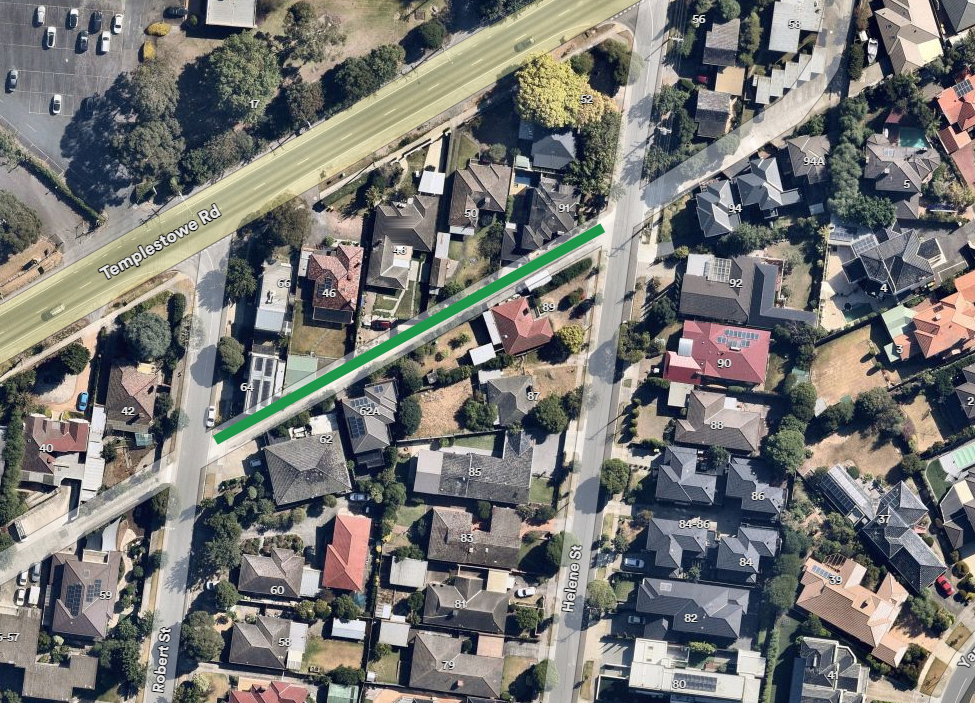A mismatch between energy provided by food, and the energy costs of training or competition can put athletes’ health and performance at risk, according to an update from leading international sports science and medicine experts, including ACU’s Professor Louise Burke.
Professor Burke, a world leading expert in sports nutrition, has contributed to the 2023 International Olympic Committee (IOC) Consensus on Relative Energy Deficiency in Sport (REDs).
The consensus statement, completed by a special working group for the IOC, highlights the risk of Relative Energy Deficiency in Sport (REDs) when athletes don’t eat as much energy as they expend over long time periods.
It can lead to poorer athletic performance and a wide range of health problems. The syndrome often goes unrecognised.
Professor Burke said REDs is a collection of health and performance impairments that can potentially occur in any athlete, underpinned by the energy mismatch that is known as low energy availability.
“Low energy availability can occur for several reasons in athletes, such as eating disorders or dieting behaviours associated with the pressure to be lean and light,” Professor Burke said.
“However, there are other less recognised causes such as the inability to eat enough to fuel the incredibly high workloads common in some sports, or food insecurity in athletes from lower socioeconomic backgrounds.
“We need ways to recognise it early, but also to distinguish scenarios when it is modest and reversible, from when it is severe and likely to lead to problematic outcomes.”







